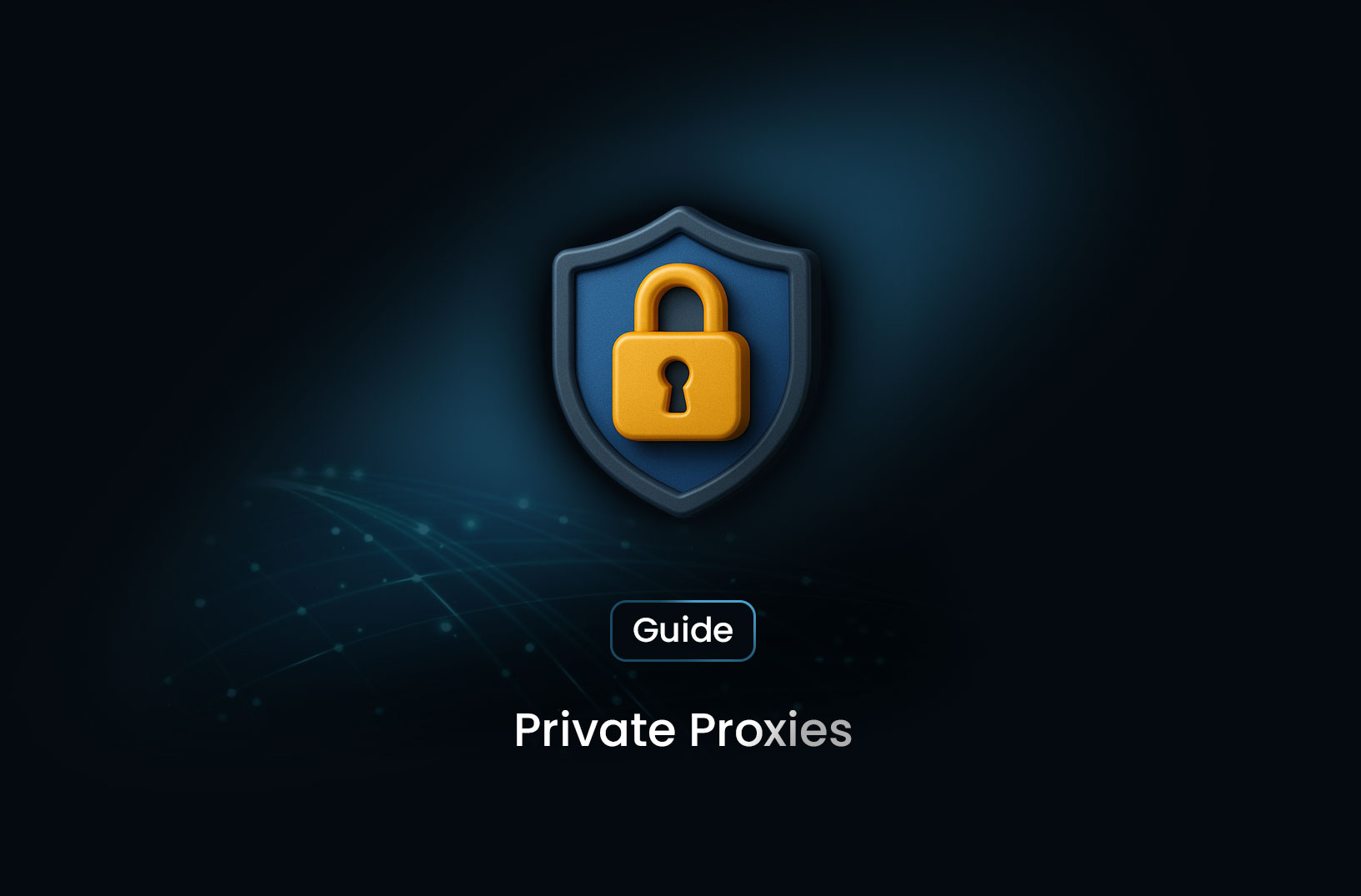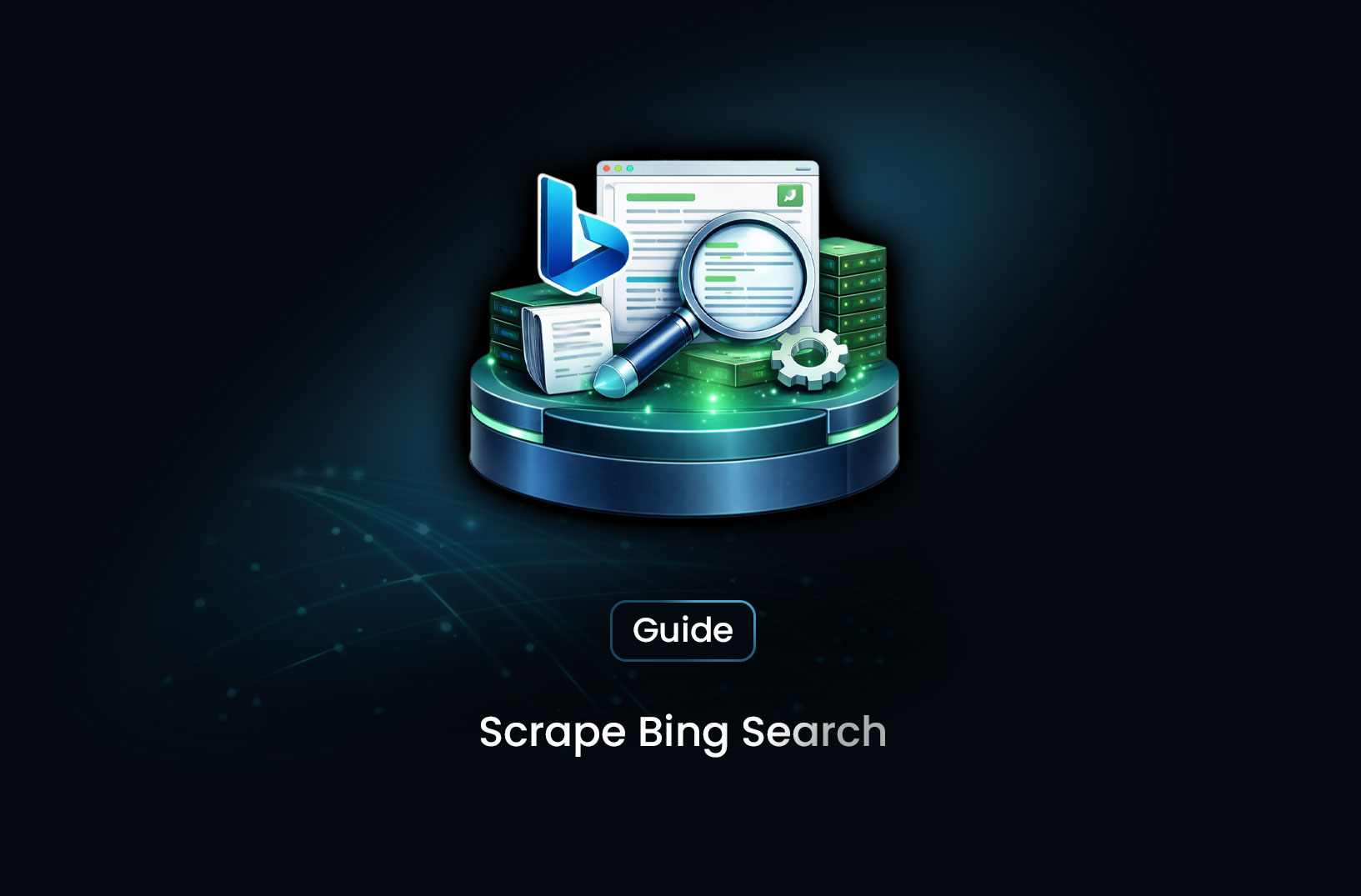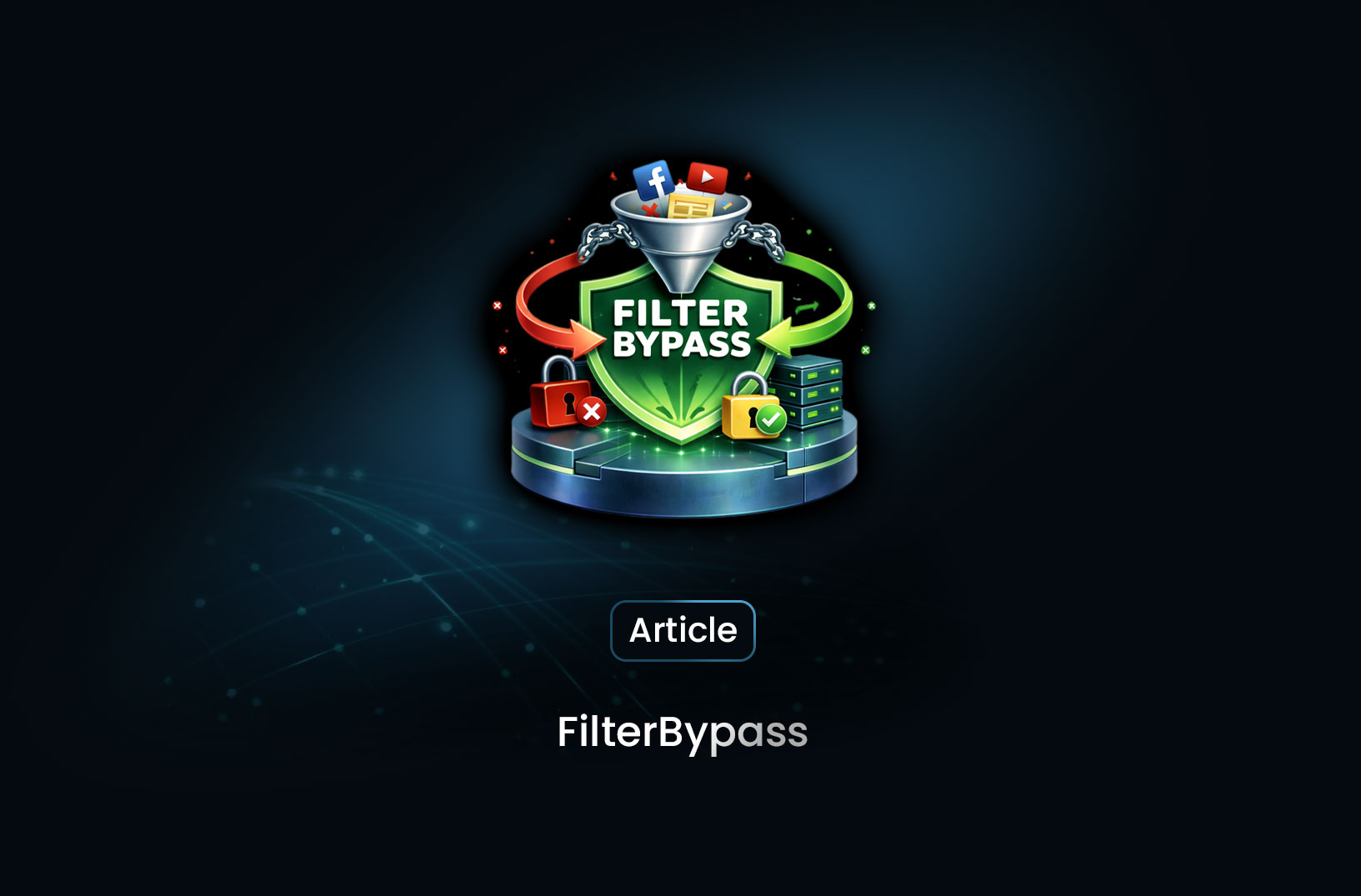
Private Proxies: The Ultimate Guide for Privacy, Performance, and SEO
ArticleA private proxy is a dedicated IP address assigned exclusively to a single user.
Private proxies are essential tools for anyone seeking enhanced online privacy, unrestricted access, and efficient data operations. Whether you're a digital marketer, data analyst, or privacy-conscious individual, understanding private proxies can significantly benefit your online activities.
What Are Private Proxies?
A private proxy is a dedicated IP address assigned exclusively to a single user. Unlike shared proxies, which are used by multiple individuals simultaneously, private proxies offer:
- Exclusive Access: Only one user utilizes the proxy at any given time, ensuring optimal performance.
- Enhanced Security: Reduced risk of IP bans and blacklisting due to controlled usage.
- Consistent Speed: Reliable and faster connections without the congestion common in shared proxies.
By routing your internet traffic through a private proxy server, your real IP address is masked, providing anonymity and protection against tracking and data collection.
Key Benefits of Using Private Proxies
1. Enhanced Online Privacy
Private proxies conceal your real IP address, making it difficult for websites and third parties to track your online activities. This is crucial for:
- Bypassing Geo-Restrictions: Access content and services not available in your region.
- Preventing Targeted Ads: Avoid being profiled based on your browsing habits.
- Secure Browsing: Protect sensitive information from potential cyber threats.
2. Reliable Web Scraping and Data Collection
For businesses and researchers, private proxies are invaluable for:
- Uninterrupted Data Access: Avoid IP bans when collecting large volumes of data.
- Accurate Market Analysis: Gather unbiased information without location-based alterations.
- Efficient Automation: Run bots and scripts seamlessly without detection.
3. Optimized SEO and Marketing Campaigns
Digital marketers leverage private proxies to:
- Monitor Search Engine Rankings: Obtain precise SERP data from various locations.
- Conduct Competitor Analysis: Access competitor websites without revealing your identity.
- Manage Multiple Accounts: Safely operate several social media or advertising accounts without cross-linking.
4. Improved Network Performance
With dedicated bandwidth, private proxies ensure:
- Faster Connection Speeds: Experience minimal latency during browsing or data transfers.
- Stable Connections: Reduced downtime and consistent performance.
Choosing the Right Private Proxy
When selecting a private proxy service, consider the following factors:
- IP Type: Decide between datacenter proxies (faster, less anonymous) and residential proxies (slower, more anonymous).
- Location Coverage: Ensure the provider offers proxies in the regions relevant to your needs.
- Authentication Methods: Opt for services that offer secure authentication mechanisms.
- Customer Support: Reliable support is essential for troubleshooting and assistance.
Conclusion
Private proxies are powerful tools that offer enhanced privacy, unrestricted access, and improved performance for various online activities. By understanding their benefits and applications, you can make informed decisions to optimize your digital operations.
Find more insights here

Scrape Bing Search: A Practical Technical Guide
Bing scraping blocked? Discover how to bypass rate limits and bot detection to extract URLs, titles,...

FilterBypass: Unblocking Restricted Sites in a Simple Way
FilterBypass is a free web proxy that acts as an intermediary between your browser and the target si...

YouTube.com Unblocked: Accessing YouTube When It’s Restricted
Learn how to access YouTube unblocked on school, work, or regional networks. Explore VPNs, proxies,...
